Bluetooth 5 was announced and made officially available on December 7, 2016. It comes with a handful of improvements to speed, range, maximum device connectivity, and anti-interference from other nearby devices. While this might be great for those special few who use Bluetooth on a daily basis to send and receive (or steal) data, what about the average Joe?
The most common use of Bluetooth nowadays is for listening to music. Whether you're connected to your Samsung Gear IconX, Apple AirPods, Bose, Sennheiser, or Beats Studio wireless headphones, the sound just won't be as good as having a wired connection. We had hoped Bluetooth 5 would fix this issue and improve audio quality, but that's not the case—and there's a good reason for this.
The True Purpose of Bluetooth
Bluetooth was originally designed to connect to phone headsets and speakerphones, not headphones and speaker systems. It was also designed to work on a narrow bandwidth. This means that not only is interference from nearby devices a high probability, but data being sent will be compressed. This is okay for phone calls—but not for music that has most likely been compressed through the internet multiple times.
Transfer Speeds & Broadcast Range
Bluetooth 4.2 is only capable of transferring data at 25 Mbps (megabits per second), which is roughly 3.125 MBps (megabytes per second). This is nothing compared to USB 3.1 (also known as USB Type-C), which is capable of transferring data at a whopping 10 Gbps, or 1,250 MBps. Even the new iPhone 7's Lightning port is capable of higher speeds than Bluetooth 4.2 at a rate of 480 Mbps, or 60 MBps.
This is the main difference with Bluetooth 5, as transfer speeds have now been doubled. The broadcast range has also been increased by a factor of 4, according to the Bluetooth Special Interest Group:
Key feature updates include four times range, two times speed, and eight times broadcast message capacity. Longer range powers whole home and building coverage, for more robust and reliable connections. Higher speed enables more responsive, high-performance devices. Increased broadcast message size increases the data sent for improved and more context relevant solutions.
However, given that Bluetooth 5 is stated to be only twice as fast as Bluetooth 4.2, it'll bump up data transfers to a measly 6.25 MBps. This pales in comparison to every wired connection released this past decade, and certainly doesn't allow for much improvement in audio quality.
What a Letdown
Bluetooth 5 will continue to use A2DP, which is a lossy format. This means it will use algorithms to strip out and reduce data, aiming for smaller file sizes that work with Bluetooth's limited bandwidth.
Until this issue is fixed and Bluetooth gets a much larger bump in transfer speeds, it doesn't matter if you're using iOS or Android—Bluetooth 5 just isn't going to cut it for our audio quality needs.
Just updated your iPhone? You'll find new emoji, enhanced security, podcast transcripts, Apple Cash virtual numbers, and other useful features. There are even new additions hidden within Safari. Find out what's new and changed on your iPhone with the iOS 17.4 update.
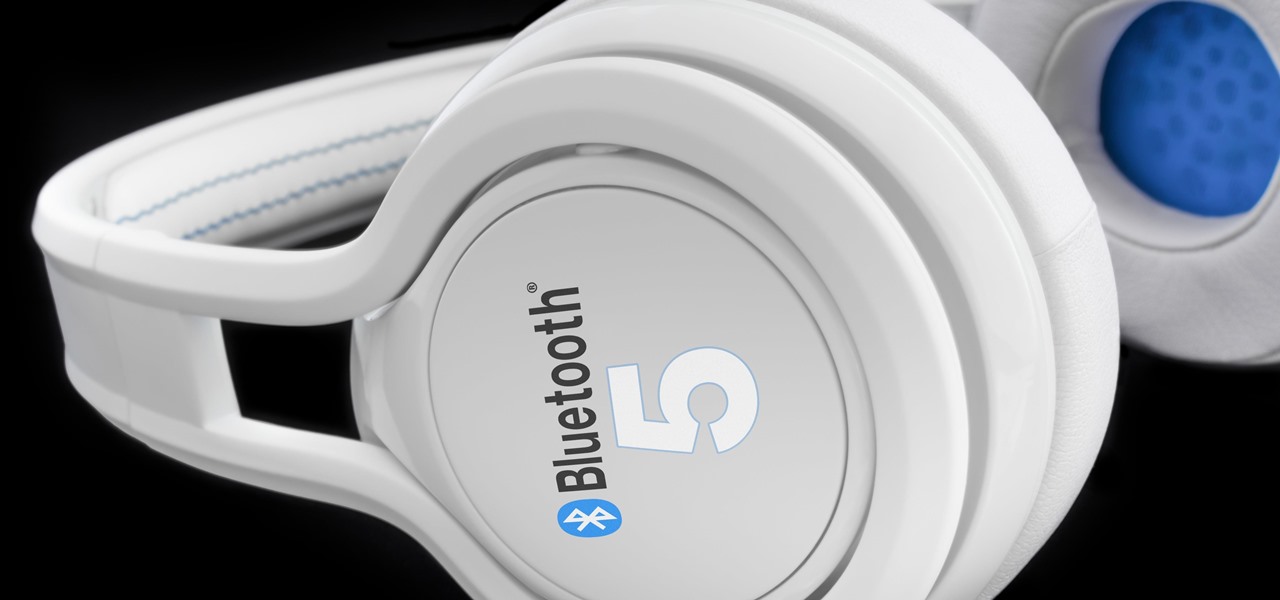


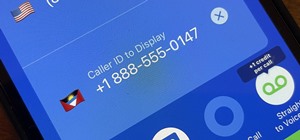
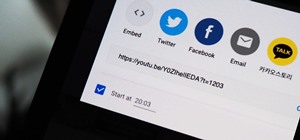
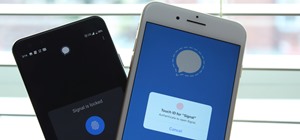
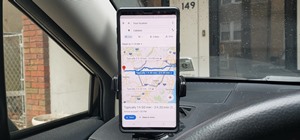

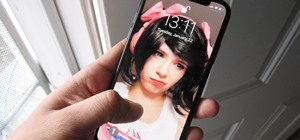
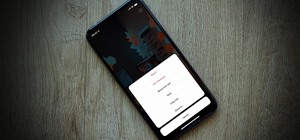
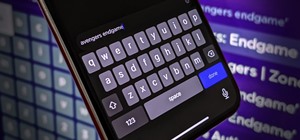

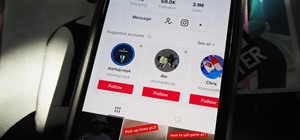
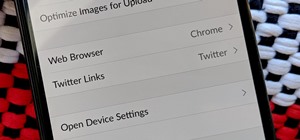
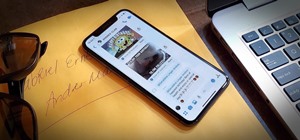
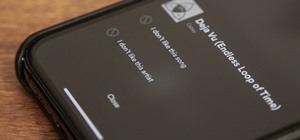
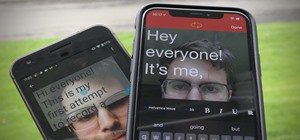
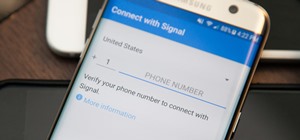
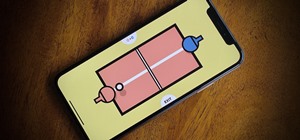
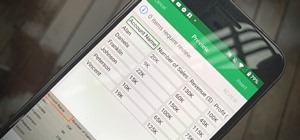
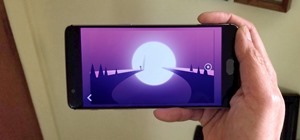
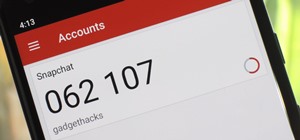

Be the First to Comment
Share Your Thoughts